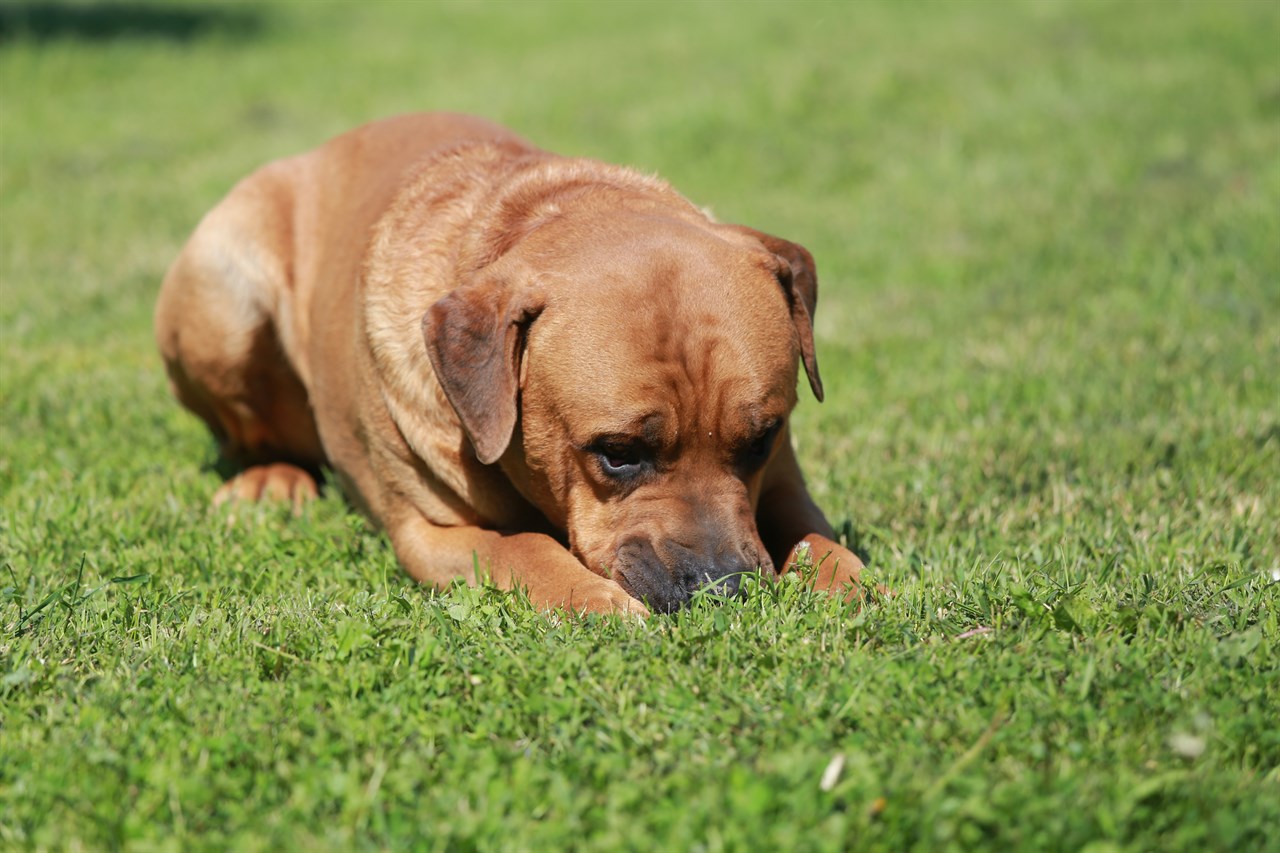Toilet Training the Tosa Inu: A Guide to Success

Toilet training, also known as housebreaking or potty training, is a crucial aspect of raising any dog, including the Tosa Inu. Successful toilet training not only ensures a clean and hygienic home environment but also fosters a strong bond between you and your canine companion. Here's a comprehensive guide on how to toilet train your Tosa Inu effectively.
Start Early
Begin toilet training as soon as you bring your Tosa Inu puppy home, ideally when they are around 8 weeks old. Puppies have smaller bladders and shorter attention spans, so starting early is essential.
Establish a Routine
Consistency is key to successful toilet training. Create a regular schedule for feeding, playtime, and bathroom breaks. Puppies typically need to eliminate:
- First thing in the morning.
- After eating or drinking.
- After playtime or exercise.
- Before bedtime.
Choose a Designated Elimination Area
Designate a specific spot in your yard for your Tosa Inu to use as their bathroom. Always take your puppy to the same spot to eliminate. The scent will help them recognise it as the designated area.
Use Positive Reinforcement
When your Tosa Inu eliminates in the designated area, offer plenty of praise, affection, and even a small treat as a reward. Use a consistent command like "go potty" or "do your business" while they are eliminating so they associate the command with the action.
Supervision and Crating
When indoors, keep a close eye on your puppy and watch for signs that they need to go, such as sniffing, circling, or whining. If you can't supervise, crate your puppy. Dogs are naturally averse to soiling their sleeping area, so a properly-sized crate will encourage them to hold it until you take them outside.
Accidents Happen
Expect accidents to occur, especially in the early stages of training. When accidents happen, do not scold or punish your Tosa Inu. Instead, clean up the mess promptly using an enzymatic cleaner to eliminate odours and prevent repeat accidents.
Extend Time Between Bathroom Breaks
As your Tosa Inu puppy grows, gradually increase the time between bathroom breaks. Their bladder capacity will increase, allowing them to hold it for longer periods. Adjust the schedule accordingly.
Be Patient and Consistent
Toilet training takes time and patience. Every dog is different, and some may catch on faster than others. Consistency in your routine and positive reinforcement for good behaviour are essential throughout the training process.
Adjust for Adult Tosa Inus
Adult Tosa Inus typically have better bladder control than puppies. However, it's crucial to maintain a regular bathroom schedule for adult dogs. Be attentive to any changes in their behaviour that may signal the need to go outside.
Seek Professional Help if Needed
If you're experiencing persistent difficulties with toilet training your Tosa Inu, consider seeking guidance from a professional dog trainer or behaviourist. They can assess your specific situation and provide tailored advice and solutions.
In conclusion, toilet training your Tosa Inu requires patience, consistency, and positive reinforcement. By establishing a routine, supervising your puppy, and offering rewards for good behaviour, you can help your Tosa Inu learn where and when to eliminate, ultimately leading to a clean and well-behaved canine companion. Remember that every dog is unique, and the time it takes to master toilet training may vary, so be patient and persistent in your efforts.